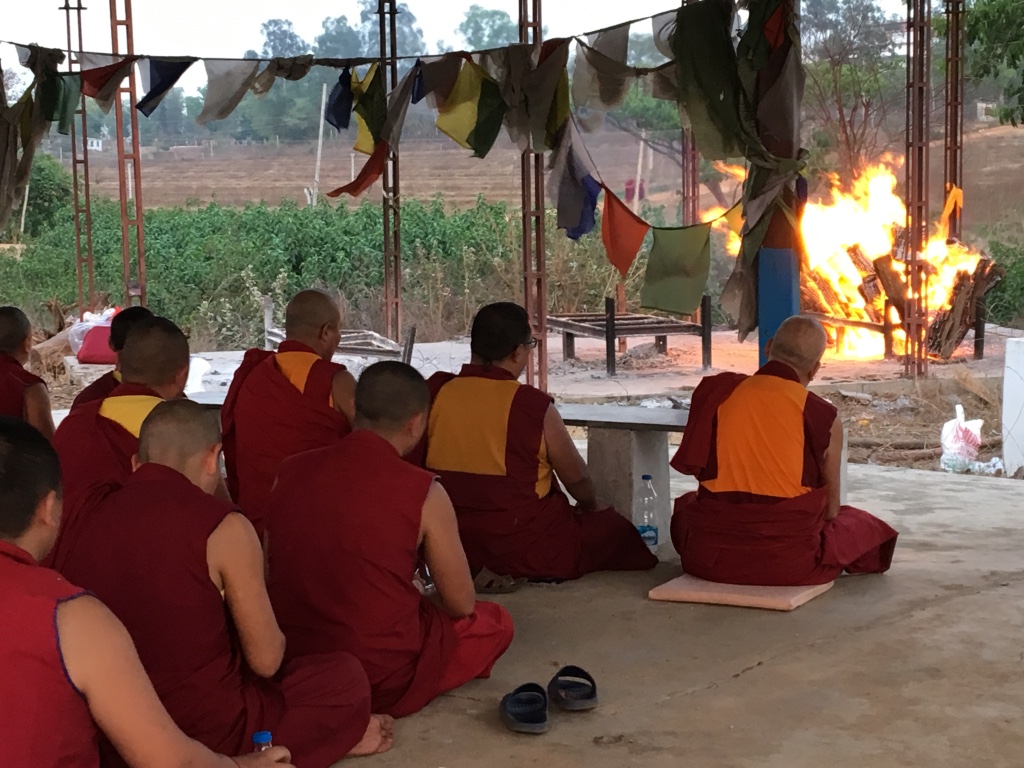CSPH 5000-001: Death, Happiness, & Resilience: Rethinking Care and Wellbeing at the Time of Dying
Using Tibetan Buddhist culture as a case for comparison with Western death theory and practice, we will explore a cross-cultural theory and potential transformation that could occur in care for dying people. Further, we will discuss how transformation in an individual’s attitude toward oneself and others, and death inform and shape human happiness and resilience, as well as care and wellbeing at the time of dying. Course will not be offered fall 2024.

What is death? What does a dying person experience? What happens after death? Humans have been puzzled by these queries. Ernest Becker, a pioneer American cultural anthropologist, for instance, contends that humans’ existential fear of death has motivated them to develop culture (a shared set of beliefs and practices) to help them deal with death anxiety.
Clinicians, anthropologists, social psychologists, philosophers, and bioethicists have studied death and developed theories to better understand the impact of mortality-awareness on human behavior, particularly the way humans die and how they care for those who are dying. Through examining the historical and theoretical background of death and dying, this course engages with studies related to the complexity of determining death, as well as the ways in which humans respond to this universal event in diverse manners.
Contact [email protected] for additional information.
- Spring